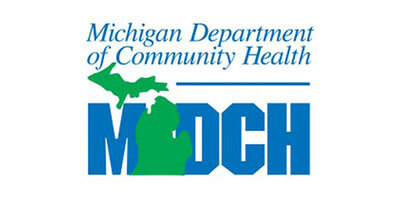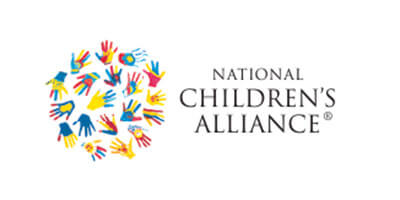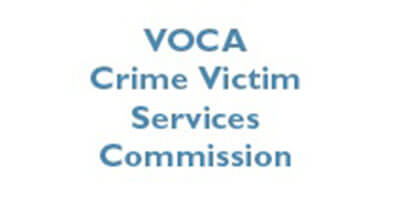Signs and Symptoms of sexual abuse can be present in some but not all cases. Each child is unique and may not show any of the below signs. Please use the following as a guideline.
- Changes in behavior – A victim of abuse could appear scared, anxious, depressed, withdrawn or more aggressive.
- Regression to earlier behaviors – A child may display behaviors shown at earlier ages, such as thumb-sucking, bed-wetting, fear of the dark or strangers. For some children, even loss of acquired language or memory problems may be an issue.
- Fear of going home or to previously trusted places – Children may express apprehension or anxiety about leaving school or about going places with the person who is abusing them.
- Changes in eating – The stress, fear and anxiety caused by abuse can lead to changes in a child’s eating behaviors, which may result in weight gain or loss.
- Changes in sleeping – Abused children may have frequent nightmares or have difficulty falling asleep, and as a result may appear tired or fatigued.
- Changes in school performance and attendance – Abused children may have difficulty concentrating in school or have excessive absences, sometimes due to adults trying to hide the child’s injuries from authorities.
- Lack of personal care or hygiene – Abused and neglected children may appear uncared for. They may present as consistently dirty and have severe body odor, or they may lack sufficient clothing for the weather.
- Risk-taking behaviors – Young people who are being abused may engage in high-risk activities such as using drugs or alcohol or carrying a weapon.
- Inappropriate sexual behaviors – Children who have been sexually abused may exhibit overly sexualized behavior or use explicit sexual language.
- Unexplained Injuries – Visible signs of physical abuse may be present however is extremely uncommon in the majority of sexual abuse incidents.







